GĐXH - At the hospital, Mrs. L tested positive for large liver fluke and roundworms from dogs and cats. IgE level tests showed that the patient's body was reacting strongly to the parasitic infection.
For over a month now, Mrs. NL (65 years old, from Quang Ninh ) has frequently experienced symptoms of epigastric pain, frequent diarrhea, and persistent skin itching. She received treatment at a nearby hospital, but the symptoms recurred.
Recently, Mrs. L experienced severe abdominal pain and frequent diarrhea from afternoon to evening (around 4 PM), with up to 25-26 bowel movements. The stool was liquid, watery, and powdery, indicating a serious intestinal infection.
After being admitted to a local hospital, Ms. L received symptomatic treatment. However, there, she developed skin lesions, including itchy papules and circular lines on her hands and torso, along with signs of parasite migration under the skin. The symptoms worsened, so she was transferred to the National Hospital for Tropical Diseases for treatment.
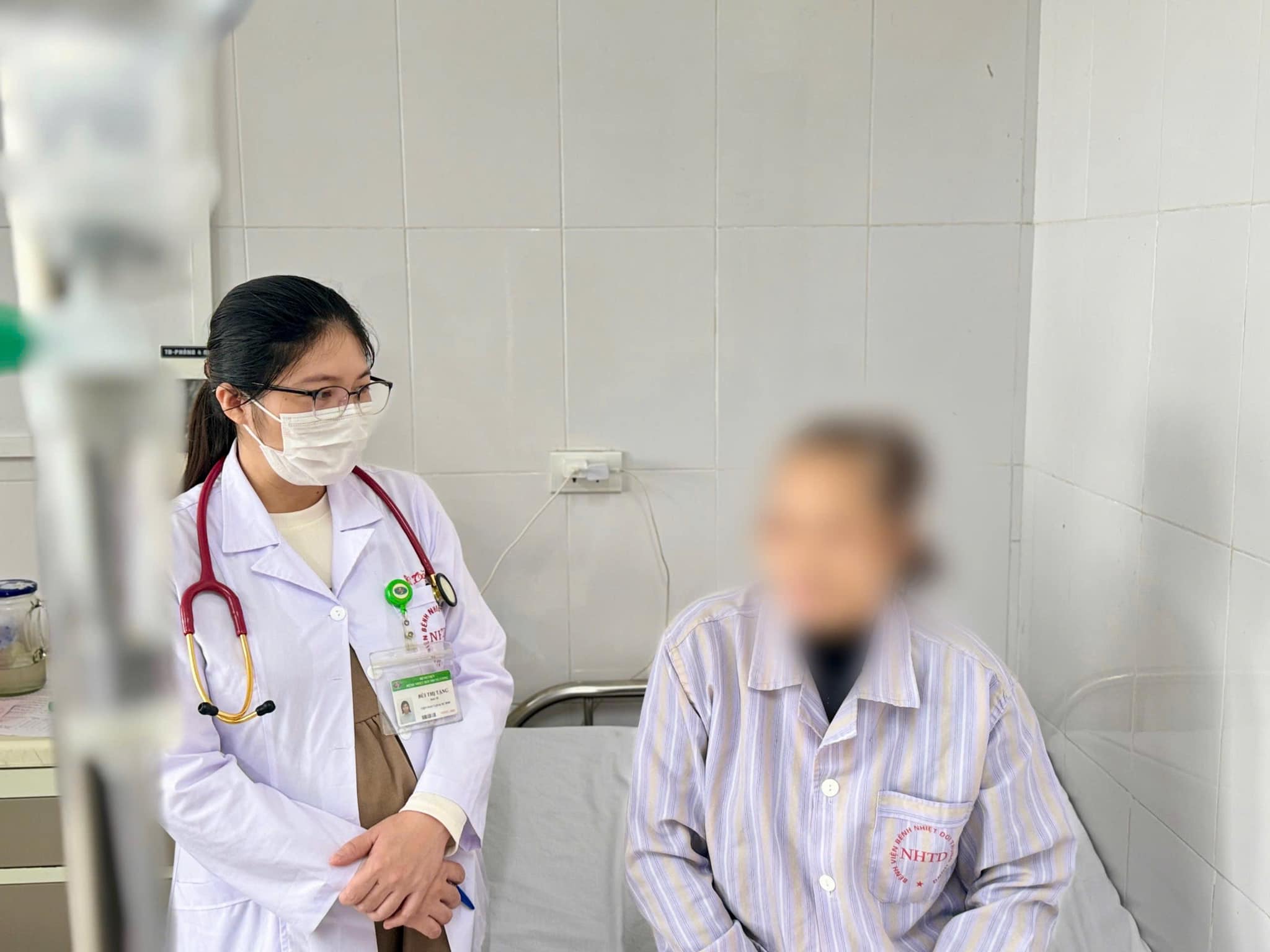
Doctors examine patients after treatment. Photo: Provided by the hospital.
At the hospital, it was learned that the family owned a large dog (weighing approximately 25kg). Notably, this dog had previously shown signs of vomiting tapeworms, but the family did not pay attention and continued to interact directly with the dog without using protective measures such as gloves or shoes when cleaning. This may be the main cause of the patient's parasitic infection.
The patient was ordered to undergo tests and received positive results for liver fluke and roundworm. Tests showed that IgE levels – an indicator of the body's allergic reaction – had skyrocketed to 1,652 IU/mL, more than 16 times the normal level (below 100 IU/mL), indicating a strong parasitic infection.
Simultaneously, the patient's eosinophil count increased to 12.7% (compared to the normal range of 2-8%), reflecting inflammation caused by parasitic worms. The persistent itching symptoms, along with the test results, confirmed the presence of parasitic worms in the body.
Currently, after one week of treatment, the patient is stable and will be discharged with a prescription for continued outpatient treatment. The patient also needs to have at least three follow-up visits within six months to monitor the effectiveness of treatment and the risk of reinfection.
According to Dr. Tran Thi Hai Ninh, Head of the Department of General Internal Medicine at the Central Hospital for Tropical Diseases, to prevent roundworm infection in dogs and cats, pet owners need to pay special attention to deworming their dogs and cats regularly to prevent infection.
In addition, people need to keep the living environment of dogs and cats clean. When in contact with pets, especially when cleaning up feces, always wear gloves and shoes to minimize the risk of infection.
In addition, always ensure that clothes and utensils are thoroughly washed after contact with pets or areas where there is a risk of worm infestation. Regularly clean floors with disinfectant solutions, deworm periodically every 6 months, and wash hands thoroughly before eating to prevent the risk of infection.
Source: https://giadinh.suckhoedoisong.vn/nguoi-phu-nu-o-quang-ninh-nhiem-giun-dua-cho-meo-tu-thoi-quen-nhieu-nguoi-viet-hay-gap-172250218155340773.htm








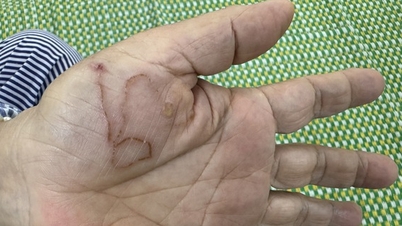




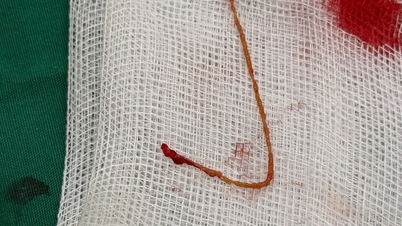








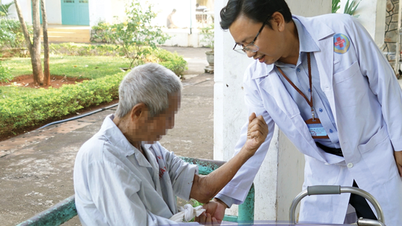
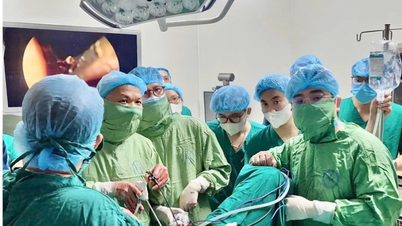
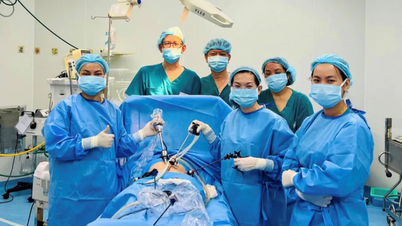









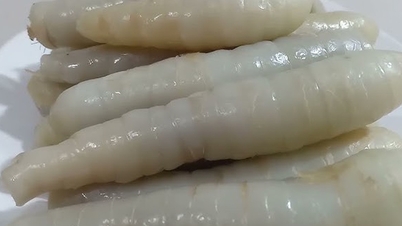







![[Video] The craft of making Dong Ho folk paintings has been inscribed by UNESCO on the List of Crafts in Need of Urgent Safeguarding.](https://vphoto.vietnam.vn/thumb/402x226/vietnam/resource/IMAGE/2025/12/10/1765350246533_tranh-dong-ho-734-jpg.webp)




































































Comment (0)